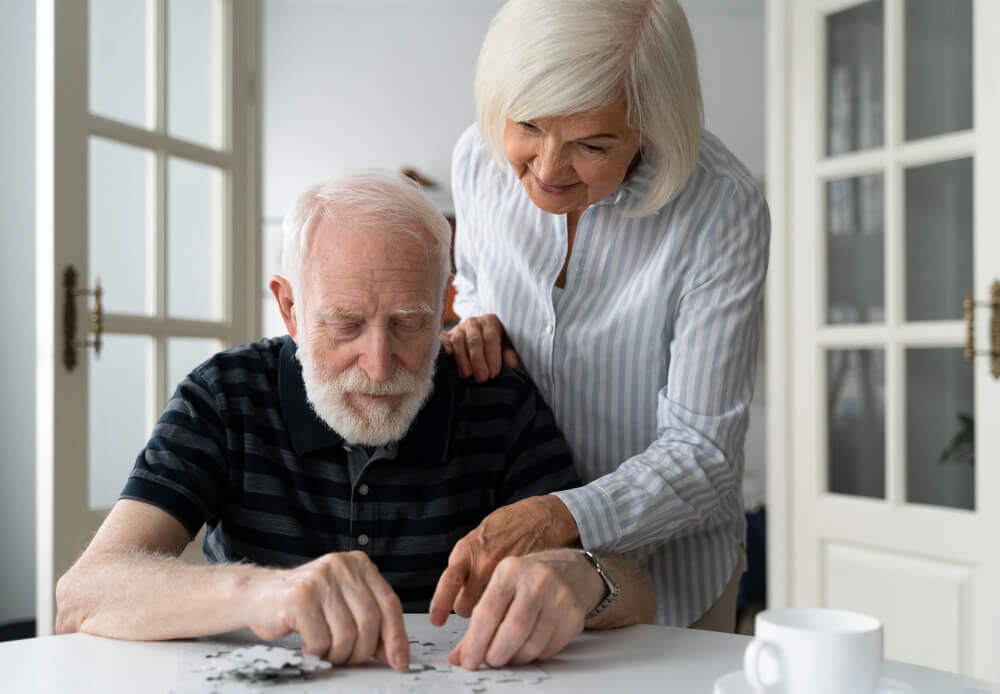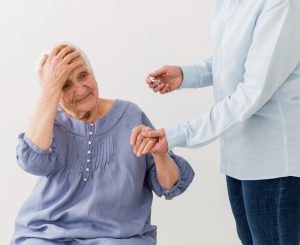Caring for a loved one with Dementia and Anosognosia involves various challenges and heartaches. One such challenge is Anosognosia, a condition where dementia patients lack awareness about their cognitive impairment. Dementia with Anosognosia patients refuse to cooperate with physicians and caregivers and deny accepting the diagnosis and treatment plans. If you’re looking for options like memory care in Brookings OR for seniors, there are several services available that cater specifically to individuals with dementia and related conditions. These facilities typically offer specialized care, structured activities, and support tailored to the needs of residents.
In this exploration, we’ll understand the intricacies of Anosognosia and discover the strategies to navigate the complex aspect of declining cognitive abilities in dementia patients.
Insights into Dementia Disease and its Early Symptoms
Dementia affects an individual’s memory and thinking abilities to perform daily activities. The symptoms of Dementia worsen with time. The common symptoms are:
- Memory Problems
- Misplacing things
- Increased Confusion
- Reduced Concentration
- Behavioral Changes
- Depression
- Disorientation to Time and Place
- Loss of initiative
- Unable to do Everyday Tasks
Anosognosia – A Severe Limitation
Anosognosia is a neurological condition in which patients are unaware of the psychiatric or neurological condition, such as memory loss, cognitive deficits, and more. Anosognosia is generally caused due to damage to the frontal lobes in the brain. These are responsible for self-awareness.
Common symptoms of Anosognosia Dementia are:
- Not Keeping Up with Regular Daily Tasks
- Not Maintaining Personal Hygiene
- Difficulty Managing Money
- Being Less Inhibited in Conversation
- Making up Answers They Believe are True
Caregiving and Anosognosia
Caregiving to people with Anosognosia Dementia is more challenging as, in most cases, patients refuse medical evaluations and treatments. The patients think they are healthy and don’t require any health evaluation or medication. The caregivers, rather than trying to convince the individuals about the disorder, must listen to their views. It builds trust and respect among the patients.
Tips for Caregivers to Foster Connection with Loved Ones Dealing with Dementia and Anosognosia
Caring for a loved one with dementia and anosognosia can be incredibly challenging, often leaving caregivers feeling isolated and overwhelmed. Establishing a meaningful connection with your loved one is crucial for their well-being and can significantly enhance your caregiving experience. Alongside effective communication strategies, building a support system by connecting with other dementia caregivers can provide you with valuable resources and emotional support.
Use Positive Approaches to Communication
Communicate positively with a person suffering from Dementia and Anosognosia. A person with Anosognosia cannot perceive the realities of one’s own condition. So, it’s essential to maintain a passionate approach like using power words to gently encourage and empathize with the person with Anosognosia regarding the necessary tasks.
Maintain a Structured Routine
Caregivers must create a structured yet consistent routine for daily tasks. It provides numerous benefits to the person with Anosognosia, which improves the life quality of the caregiver and the person himself. Apart from this, it offers a sense of security as a person is able to accomplish daily tasks independently.
Offer a Health Care Aid or Memory Care
Considering health care or memory care facilities is essential for the safety and well-being of the person with Dementia. The professionals understand the unique challenges associated with the condition and provide appropriate support to prevent common risks.
Promote Collaboration in Essential Tasks
Collaborate with a person with Dementia and Anosognosia. Engage them in daily activities as it boosts their cognitive abilities and makes them comfortable with participation. It navigates an individual’s journey with this condition with ease and contributes to the overall quality of life and well-being.
Coping With Anosognosia
The neurological condition makes an individual completely in denial. If you ever find your loved one in this condition, immediately consult your health professionals for the treatment of the disease.
Wrapping Up
Anosognosia is a neurological symptom in people with Dementia that affects their cognitive abilities severely. An individual has a lack of awareness associated with the disease, which makes them feel that nothing is wrong with them. As soon as you see your loved one suffering from this condition, seek professional help whenever symptoms of Dementia are noticed, as in later stages, it may lead to Anosognosia, where addressing the symptoms becomes challenging for caregivers and professionals.
If you’re seeking compassionate and specialized memory care in Brookings OR, look no further than Azalea Gardens. Our dedicated team is here to support you and your loved ones through the challenges of dementia and anosognosia. Contact us today to learn more about our services and how we can help improve quality of life for your family.





